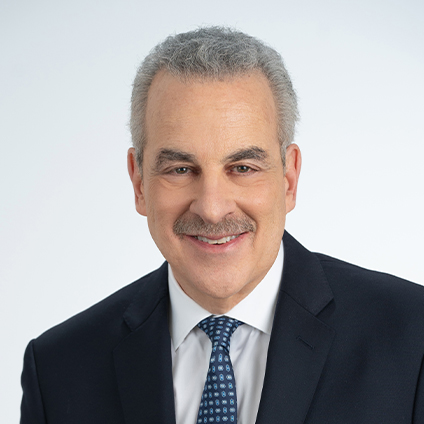Blog
ADHD Medication Shortage
By Harold S. Koplewicz, MD
President of the Child Mind Institute
I feel for those of you who have been affected by the continued shortage of ADHD medications, and I share much of your frustration over the lack of resolution. In February, NBC reported that, after nearly six months of these shortages, millions of Americans had already been affected. Last fall, the U.S. Food and Drug Administration (FDA) suggested that the shortage would be over within a few months—a deadline that has come and gone without much relief for the families we serve. The FDA maintains a database of drug shortages and estimated recovery dates, by dosage. I hope these dates, many of which are approaching this month, hold true.
At the Child Mind Institute, we know that finding the right medication for a child with ADHD can change both their present reality and the trajectory of their future. As an organization dedicated to transforming the lives of children, we are grateful to have these powerful tools to aid us in that mission. This also means that we have seen first-hand the true cost of this shortage. Patients who have benefitted from these medications are having renewed trouble with focus and behavior, leading to difficulty with school performance, as well as disruption for families. It is painful to see a child backtracking on progress, and confusing for the kids themselves. We hope these families will remember, and—after taking a moment to breathe through the renewed difficulties—remind their children that the progress can be regained. We also hope educators will be aware of the difficulties many children and teens are temporarily facing.
If everyone understood how much these young people are suffering, I have to believe there would be more urgency toward change. In the past few years, there has been widespread recognition of the worsening youth mental health crisis. Studies have shown that children who had been diagnosed with ADHD were particularly hard hit by the COVID-19 pandemic, some developing anxiety or depression as they struggled to cope with online schooling. Others who had been barely coping without support were newly diagnosed.
Many of you are, rightfully, looking for answers as to how these shortages originated and why they are taking so long to fix. A spokesperson for the FDA told CNN in February that, while the shortage was originally related to supply-chain issues, it is now driven by increased demand. Another contributing factor may be inflexible quotas on controlled substances.
I worry this is not seen as a top priority for producers focused on short-term profit. I hope all companies and government entities involved will understand the true cost of these shortages and prioritize the needs of our children. I also urge producers to learn from these painful months, so that supply-chain issues never again cause such a disruption. I implore the Drug Enforcement Administration to consider the true demand for these medications while rethinking quotas. At the Child Mind Institute, we can suggest temporary solutions for families—calling multiple pharmacies, working with pharmacists to make sure your prescription is filled when monthly quotas reset, mail-order options, and discussions with your child and adolescent psychiatrist about temporary interventions or adjustments—but the larger issue remains. If you are a patient of one of our clinicians and you have any questions or concerns, please do not hesitate to contact us. And remember that we have free online resources that may be able to help guide you through difficult days.

